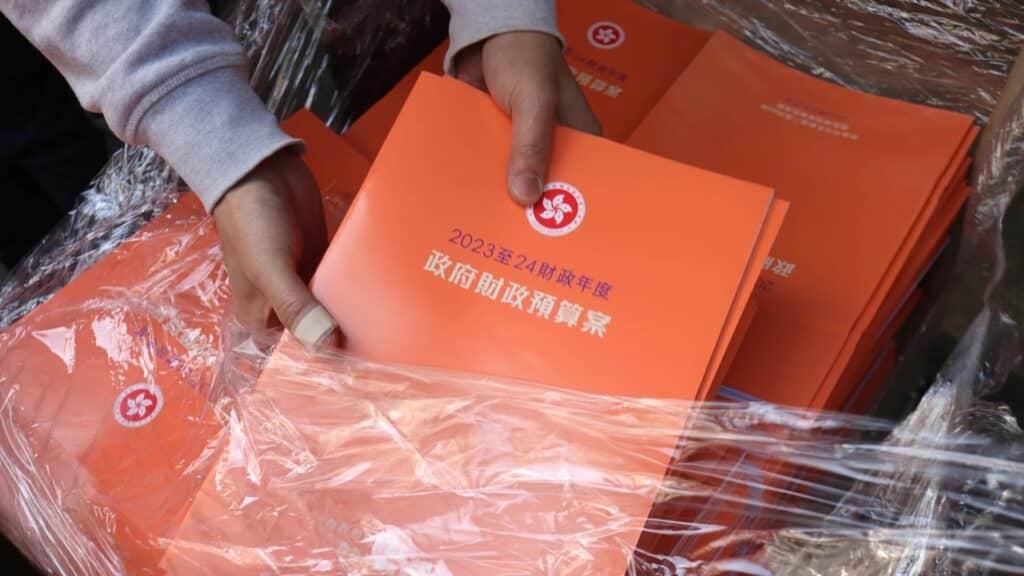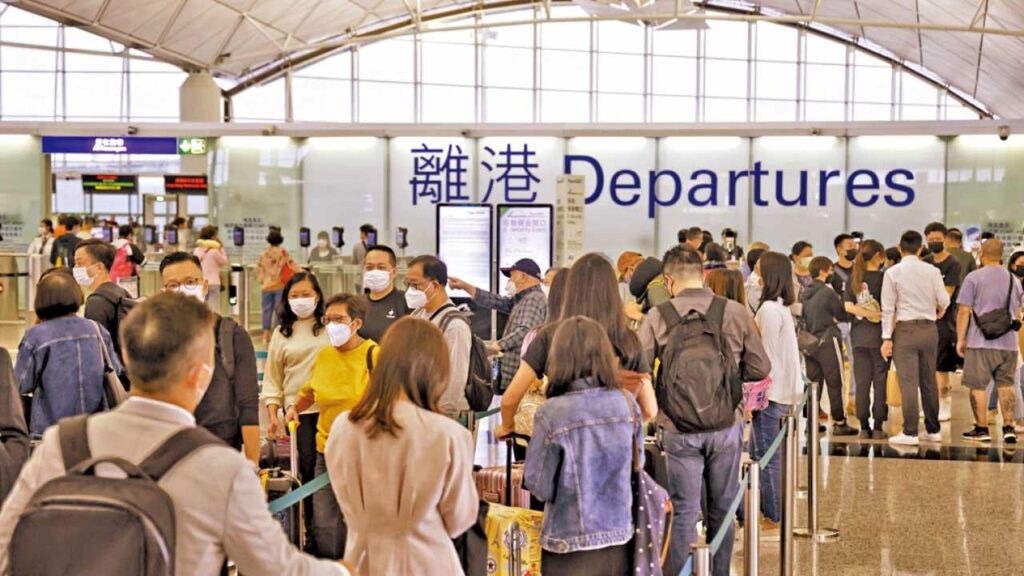Revenue from land sales has decreased, and this fiscal year is expected to record a fiscal deficit of more than 100 billion. Affected by factors such as continued high global interest rates, geopolitics, and supply chain layout adjustments, government accounts are not as satisfactory as expected. The next budget is expected to be a deficit budget for the fifth consecutive year. In the past three years due to the epidemic, the government has needed to allocate a large amount of resources to help citizens and various industries solve their difficulties due to reduced revenue. Therefore, short-term revenue shortfalls are inevitable. However, long-term deficit economy has always affected market confidence. From a forward-looking perspective, Hong Kong needs to review long-term public finances from multiple parties, restore fiscal discipline within its means, and consolidate citizens' sense of security in economic operations.
Independent monitoring of financial risks
The Northern Metropolitan Area, the Kau Yi Chau Artificial Island, and the "Five Railways and Four Roads" have been launched one after another. Facing financial pressure, the Chief Executive proposed in the latest policy address the establishment of a "Large Development Project Financing Committee" led by the Financial Secretary, and established The "Large Development Project Financing Office" uses market forces to accelerate infrastructure projects. The return on investment from government projects is relatively stable and benefits both the government and the people. However, some people believe that if the project is expensive, Hong Kong may turn from flooding its warehouses to borrowing money to survive. Recently, the credit rating outlook of Western financial institutions on Hong Kong has turned negative. If the downgrade becomes a reality, it will only increase financing costs and increase the financial burden. It is undeniable that some citizens still do not fully grasp the challenges of different financing channels.
Hong Kong's public finance management is known for its soundness, which is far beyond the reach of European countries. However, it has also accumulated experience from crises of all sizes and developed a safeguard mechanism that is monitored by independent financial institutions. It is worth learning from. In order to win short-term popularity, those in power with populist politics may raise economic forecasts and overestimate fiscal surpluses. The ruling party in the powerful parliament holds the power of executive and legislative power. Cabinet officials’ spending proposals are given the green light by party members, and they may take large loans to pay for welfare projects, leaving it to the next government to foot the bill. The wide range of fiscal risks has made European countries realize the importance of long-term fiscal planning, thus spawning professional and neutral third-party institutions to examine how to sustainably manage public finances.
Citizen participation builds trust
For example, the Office for Budget Responsibility in the UK has been established for more than ten years and has become a model for such institutions with its independent and authoritative image. It is a public organization with statutory powers, similar to the Office of the Ombudsman and the Office of the Privacy Commissioner in Hong Kong. The office is authorized to access government data and submit at least two reports every year in accordance with the law, forecast the economic and fiscal situation for no less than five years, evaluate the government's fiscal targets, and review the trend of welfare expenditures. For financial departments, third-party analytical reports can provide professional advice on daily work. For stakeholders, the office ensures that they continue to participate in the formulation of public finances and maintain good communication. For the public, the transparency of the fiscal budget has been greatly improved, increasing confidence in the government's future policies.
The Central Economic Work Conference was held in Beijing from December 11 to 12. It pointed out that promoting Chinese-style modernization is the greatest politics, echoing the conclusion in the third historical resolution of the Communist Party of China that "people's hearts are the greatest politics" and focusing on winning the support of the people through social progress. . Mainland governance ideas are full of inspiration for Hong Kong. The fiscal budget is not only a tool for allocating public resources, but also carries the overall plan for economic growth and social investment. It is the implementation framework for development vision and a better life. Each fiscal budget is also a process of gathering people's hearts. The SAR government should establish a participation mechanism to win the trust of citizens as soon as possible, with the call to create a virtuous cycle of economic development and improvement of people's livelihood.
Pan Xuezhi, Co-Convener of Democratic Thoughts (Research)



